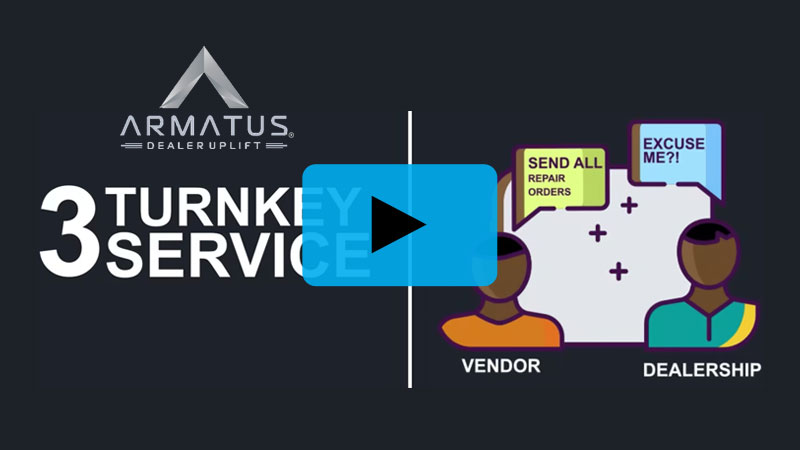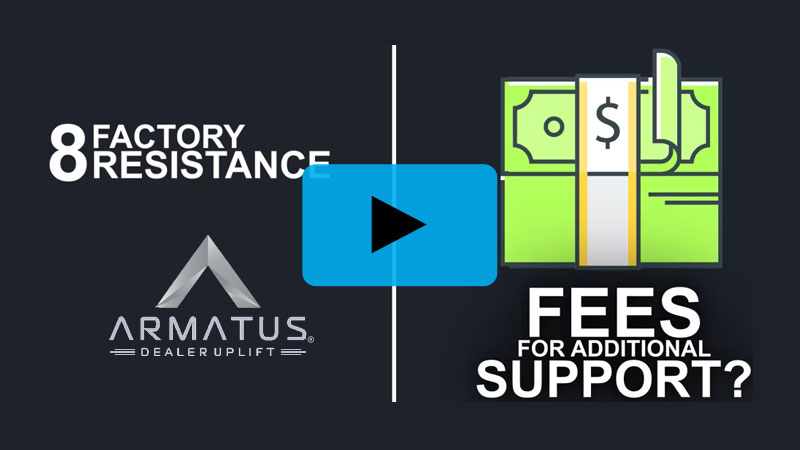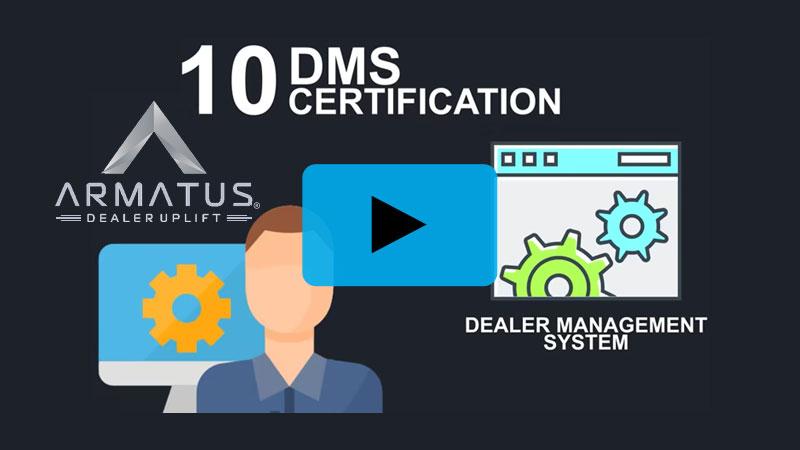
Forty states now have legislation requiring manufacturers to reimburse dealers at retail rates for both parts and labor performed in warranty service. Some laws are stronger than others, and no two states have identical statutes. None of these laws are self-effectuating, meaning the law itself does not entitle the dealer to retail reimbursement; you must perform a submission to the factory. Manufacturers have their own rules, which are not always in compliance with the various laws, adding confusion to the process. With the complexity and amount of effort it takes to perform a retail warranty reimbursement submission, dealers are often asking themselves “should I do it myself, or retain a professional?” Here are several things to consider in the decision making process:
Assess Your Available Resources
Of course you can do this on your own; however, dealers that attempt to perform retail warranty reimbursement submissions in-house take key personnel away from their core duties, which at a minimum has a soft, if not direct, cost associated with the process. With an outsourced solution, you are able to tap into a company with dedicated professionals, including accounting, legal, technical and automotive operational personnel dedicated to a single mission – retail warranty reimbursement. There is virtually zero administrative burden on dealership personnel. Top flight vendors do all of the work; however, some that are less sophisticated must engage the dealership in some of the rudimentary and burdensome aspects of performing a submission. An interesting observation here is that, by the time a dealer performs a submission on their own, they most likely would have already been collecting the money for a couple of months had a professional been retained. Based on the average client uplift, the vendor’s fees would have been paid for simply by avoiding the delay.
Understand Your Retail Reimbursement Law
Another consideration is the interpretation of the various elements in the law. It is mission-critical to precisely follow the letter of the statute. To accomplish that, a dealer must either perform the interpretation internally or retain a resource to do it. If they do it on their own, with no practical experience as a framework, they could easily submit something not in conformity with the provisions and suffer a costly rejection.
Set Yourself up For Best Results
Whether a dealer chooses to do a retail warranty reimbursement submission on their own, or hire a CPA or law firm, they will almost assuredly not be able to get the best result. Professionals who attempt these submissions as a sidebar to their core practice, either manually, or by utilizing a spreadsheet, usually produce less than optimal results. Additionally, the preparation functions are quite often outsourced, as opposed to having in-house dedicated resources. A single-purpose firm, on the other hand, uses software and sophisticated database driven tools to extract the required data to calculate a store’s market-rate mark-up, thus assuring a fair and reasonable profit gain. This, along with fully committed and specialized internal resources, guarantees that the dealer will be paid what they are entitled to under the law.
Have a Plan For Corrective Measures
It is not unusual for a store’s Customer Pay Gross Profit Percentage to be less than like-branded averages. Of course, low customer pay numbers lead to low warranty mark-ups. Unfortunately, many dealers and most vendors do not have the tools to produce the comparison or assess the drivers of such a problem. It would be smart to ensure that the professional you work with has expertise at diagnosing discount and pricing issues and have the ability to work with the dealer to correct them. Without these services, the dealer will have no way of knowing whether he is achieving true market pricing.
Understand Your Manufacturers Rules & Behaviors
Each manufacturer has its own protocol. A dealer can request it, but these requests rarely result in a dealer receiving all the information he needs to produce a retail warranty reimbursement submission in complete conformity with the manufacturer’s rules. Many times, the rules for a warranty parts submission don’t conform to a manufacturer’s policy & procedures or owner’s manual. Even if a factory cooperates (there are some that will not grant true retail warranty reimbursement) the rules are quite often changed without warning, even in the midst of working on a submission or after having submitted a package. In the cases where the protocols have not been provided, it’s imperative to tap into the available market intelligence in order to navigate to a successful conclusion. Probably most importantly in this regard is to select a vendor that is sensitive to the relationship between the dealer and the manufacturer; mutual respect in this process can’t be overstated, so aligning with known “factory fighters” is not a wise strategy.
Manage a Successful Retail Warranty Reimbursement Submission
Once the provisions in the statute and the manufacturer protocols have been determined, a submission that complies with the manufacturer’s requirements takes place. Even a seemingly perfect retail warranty reimbursement submission may still be rejected on occasion. Depending on the manufacturer, a rejection could require a completely new submission, which starts the clock ticking all over again. However, if a vendor has an excellent relationship with the factory auditors, they may allow for completion of the process with simple adjustments and minimal, if any delay. Please be cognizant that the factory’s strategy with a dealer’s in-house submission quite often is exactly the opposite, and is sometimes intended to frustrate the process. You or your vendor’s ability to re-file timely is critical, lest you squander the additional profits you are entitled to.
Understand Your Costs & Fees
The desire to perform this process in-house can be quite tempting, until you realize that no one on staff has ever performed a retail warranty reimbursement submission in accordance with the law. Sure, they’ve performed labor submissions with the factory’s forms and rules, but a statutory submission is a different animal all together. The delay in the submission, and the almost certain less than optimal rate, will pay a vendors fee many times over. Flat fee vendors may look attractive up-front, but they have absolutely no incentive to get you the best rate, and since their fee is paid in advance, there’s very little interest in following through if and when problems occur. Remember, once achieved, a retail warranty parts reimbursement is tantamount to an annuity for you; therefore, the most expensive fee you will ever pay is not achieving the best result. It will cost you year after year.
So as you can see, there are innumerable pitfalls in performing the optimal Retail Warranty Reimbursement submission, so being completely informed is the key to success. Being prudent in vendor selection means asking all the right questions and following the road map outlined above can be your best ally in this most critical decision.
For more information, contact Armatus at 888-259-4471 or email [email protected]. You can also visit our website at www.dealeruplit.com.
See our latest post in the January/February edition of FixedOps Magazine!
|
|









